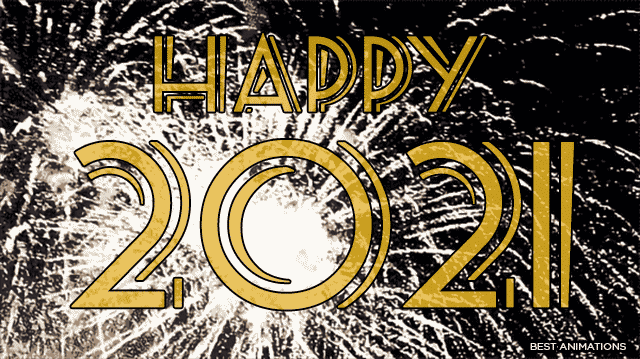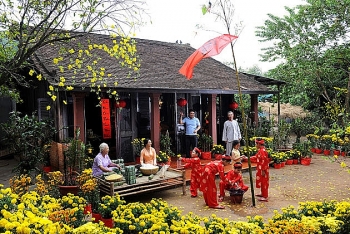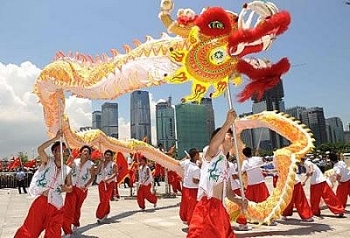Lunar New Year: Celebrations, Traditions and Everything to Know for The Fourth Day
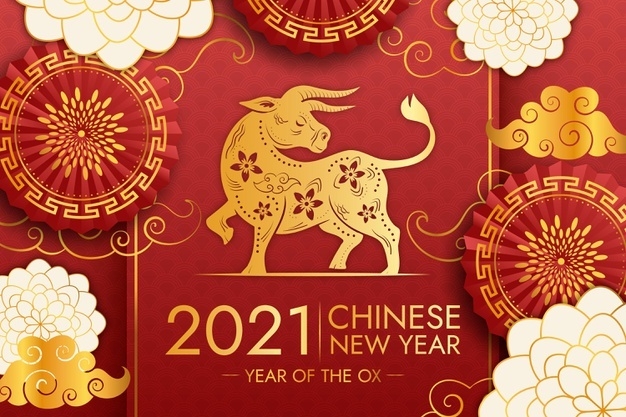 |
| Know about the Fourth Day of the Chinese Lunar New Year. Photo: Freepik |
Chinese History Of New Year
Chinese Lunar New Year, also referred to as the Lunar New Year or the Spring Festival, is important among the many conventional Chinese festivals. The origin of the Chinese New Year Festival will be traced again to about 3,500 years in the past, according to Ave Holidays.
Chinese New Year has advanced over a protracted-time period and its customs have undergone a protracted growth course.
It is unclear when precisely the celebration of the New Year started in China. Its celebration is claimed to have originated from the year-end non-secular ceremony noticed throughout the Shang Dynasty (1766 BC – 1122 BC). Some imagine that the observe started as early because the interval of Emperor Yao and Shun’s (~2300 BC) reigns. When the custom first started, the date of the New Year celebration diverse from mid-winter to early spring. However, the maturity of the photovoltaic base calendar supplied Emperor Wu (157 BC – 87 BC) of the Han Dynasty (206 BC – 220) with a constant means to measure an interval of a year. Hence, he established the primary day of the primary month of the standard Chinese calendar as the start of the year, and Chinese New Year stays celebrated accordingly to this present day. The following is a quick checklist of developments in New Year celebrations at totally different factors in historical past:
-
Emperor Yao and Emperor Shun (~ 2300 BC):
Small scale New Year celebration sort actions.
-
Shang Dynasty (1766 BC – 1122 BC):
New Year celebrations began on account of non-secular observances.
-
Han Dynasty (206 BC – 220):
New Year celebrations are formally established as the primary day of the primary month (of the standard Chinese calendar) and crack bamboo appeared (crack bamboo will create a loud cracking sound when set on hearth. It is believed that the sound drives away evil).
-
Wei Dynasty (220 – 265) and Jin Dynasty (265 – 420):
Fireworks are utilized in New Year celebrations. The custom of Shou Sui shaped.
-
Song Dynasty (960 – 1279):
Origination of gun powder primarily based on fireworks.
Fourth day (zhengyue 4), Worship the gods
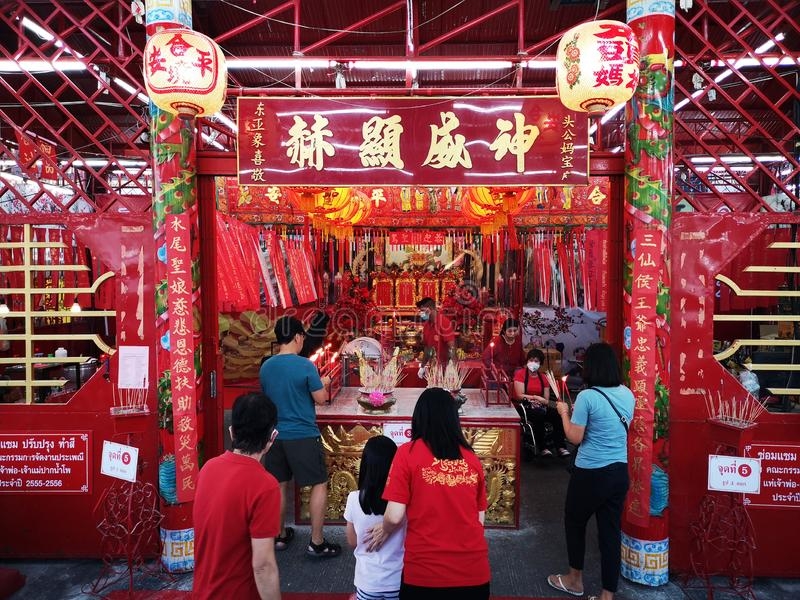 |
| Photo: Dreamstime |
This is believed to be the day when several gods associated with cooking and wealth return to earth from heaven. It’s an especially important day for entrepreneurs, who hope to win favor (link in Chinese) with the gods. Starting in the late afternoon, people prepare fruits, alcohol, and three types of meat—fish, pork, and chicken—in addition to lighting incense, Quarts cites.
Heavenly spirits just like the kitchen god and the god of wealth go to earth on the fourth day. It’s auspicious to arrange a giant dinner (served on the stroke of midnight even!) and make choices of incense, meals and spirit cash to welcome these deities and guarantee an affluent year forward.
‘Birthday of Sheep’
The fourth day is basically a continuity of the third day.
| The fourth day, on the other hand, is considered an auspicious day: a day to welcome the Kitchen God, the God of Fortune, and other gods as they return from heaven to earth, China Travel says. Families burn incense and light candles to welcome the gods. Families also prepare fruits, alcohol, and fish, chicken, and pork for their meals on this day. In some rural areas in northern China, people light a stick on fire and throw it into a river, to avert any fire-related accidents in the year ahead. |
Chinese New Year Zodiac
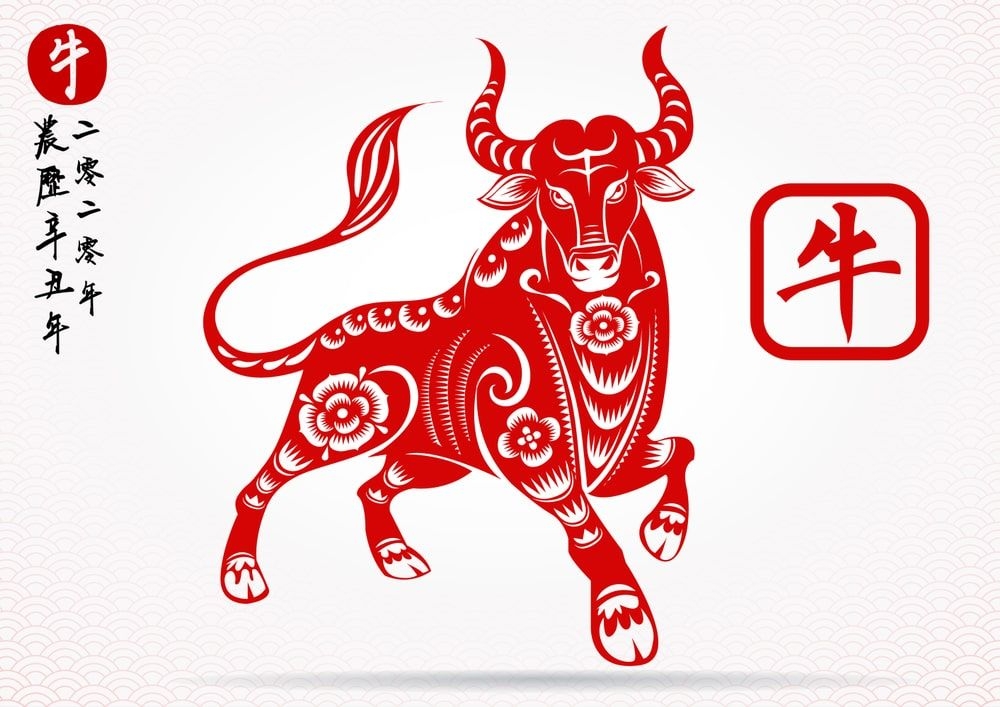 |
| This year is the year of ox. Photo: Pinterest |
Zodiacs performed an important position in Chinese human life. It is vital as turns out to be it guides them to be get protected against the very evil spirits. One legend says that the Jade Emperor (玉皇大帝—yù huáng dà dì) wanted to decide on 12 animals as palace guards. The Cat requested his neighbor Rat to assist him to enroll. Rat forgot, which is why they turned mortal enemies.
At the palace, Ox was first in line, however, Rat secretly climbed onto Ox’s again and jumped in entrance of him. Tiger and Dragon thought it was unfair, however, they may solely settle behind Ox. Rabbit discovered it unfair too. He wished to race with Dragon and succeeded.
This angered Dog, who bit Rabbit in a match and was despatched to the again as punishment. Snake, Horse, Goat, Monkey, and Rooster fought amongst themselves as effectively. Pig got here late, after every part was lastly settled, and will solely be the final.
Chinese New Year Foods
People eat ‘auspicious meals’ throughout the brand new year interval. For many, this implies fish dishes. A fish is a logo of excellent luck, wealth and wholesome life.
Dumplings are historically eaten throughout the festivities. These little spherical rice flour balls are sometimes crammed with greens. Mandarin oranges, dried fruit, and even sweets are seen as fortunate meals. Candy bins and little round-shaped biscuits symbolizing gold or fortune are served in every single place.
And ensure your plate isn’t empty, as this might be seen as your luck has run out. Food is commonly ready as much as every week earlier than, so one should not use a knife or hearth for cooking on New Year’s day, as slicing with a knife for a lot of would symbolize ailing luck.
A well-liked meal is lengthy noodles that symbolize luck in addition to a protracted life.
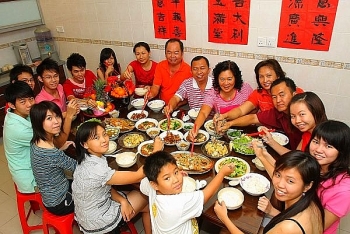 The Second Day of Chinese Lunar New Year: Significance, Tradition, Celebrations. The Second Day of Chinese Lunar New Year: Significance, Tradition, Celebrations. Aside from New Year’s Eve, there are other important days of the 15-day Chinese New Year Festival. People call it by different name and each ... |
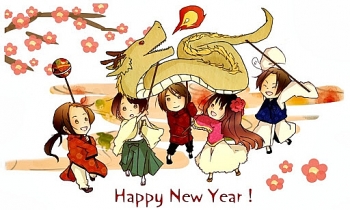 The Third Day of Chinese Lunar New Year: Celebrations and Traditions The Third Day of Chinese Lunar New Year: Celebrations and Traditions Chinese New Year, also known as Spring Festival, is the most important celebration of the year. It usually lasts 16 days, from New Year's Eve ... |
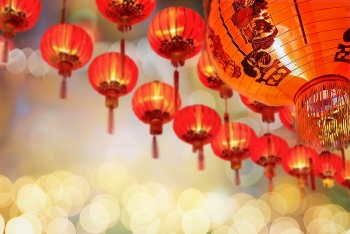 The First Day of Chinese Lunar New Year: Significance, Tradition, Celebrations. The First Day of Chinese Lunar New Year: Significance, Tradition, Celebrations. Do you know why the first day of Chinese Lunar New Year is considered the "birthday of chicken"? The answer is given below by Knowinsiders ... |
|
Chinese Lunar New Year 2021: ALL around the world, New Year's Day is celebrated - but how we wish each other a Happy New Year ... |
|
Chinese New Year is around the corner and each country having its own traditional way to celebrate one of the most significant occasions of ... |
|
Lunar New Year is associating with the Chinese New Year and Spring Festival which often celebrated among some Asian countries including China, Vietnam... Lunar New ... |

